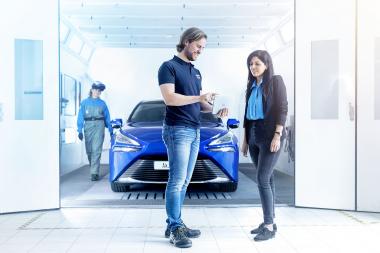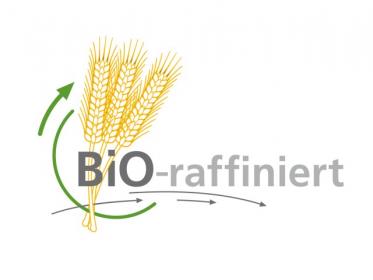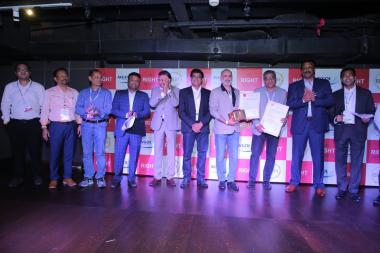Renewcell and Eastman collaborate to develop textile-to-textile recycled yarns
The Swedish textile-to-textile recycling company Renewcell has signed a Letter of Intent with Eastman, a leading US cellulosic acetate fiber producer, for a collaboration to develop Naia™ Renew ES yarns sourced from Circulose®, Renewcell’s 100% recycled textile raw material. The agreement is Renewcell’s first with a US-based fiber producer and an important step in developing the first acetate-based applications to use Circulose® feedstock.
”Eastman considering Circulose® as a feedstock in the production of a premium yarn like Naia™ Renew reflects very well on the Renewcell team’s ability to work with partners to adjust and optimize our product for new fiber applications. This agreement signals an acceleration of our joint efforts to bring Naia™ Renew ES yarns derived from Circulose® to market. I look forward to working alongside Eastman in making fashion circular.” comments Patrik Lundström, CEO of Renewcell.
Ruth Farell, GM of Eastman Textiles says: ”we are thrilled to collaborate with a pioneeer such as Renewcell to lower our reliance on virgin feedstocks, redefine the essence of textile waste and close the loop within the textiles industry. This collaboration is at the heart of our strategy to launch a portfolio of products with increased recycled content”
Re:NewCell AB































